Have you ever wondered why your heart seems to dance to its own rhythm, especially when you breathe? You’re not alone. And no, you’re not imagining things. Because it’s science, and it’s called ‘Sinus Arrhythmia’. Don’t be alarmed by the complex term — this fascinating condition is not only normal but also a sign that your heart is as fit as a fiddle! So stick around, and we will break down a groundbreaking research paper from the Cleveland Clinic that reveals the vital connection between your respiration and heart rate.
What Is Sinus Arrhythmia?
Imagine taking a peaceful walk in nature. You inhale fresh air, and your heart rate goes up just a smidge. As you exhale, your heart rate slows down a bit. This natural ebb and flow of your heart rate with each respiration is what medical experts call Sinus Arrhythmia. This form of arrhythmia signifies a healthy, well-functioning heart. It’s like your heart and lungs are doing a synchronized dance, and this rhythm is generally a good thing!
Who Does It Affect the Most?
One might think that this condition is rare or limited to a specific age group. However, according to the research, Sinus Arrhythmia is commonly found among healthy children and young adults. It’s as if youth comes with its own built-in cardiac tuner! You can know more about respiration here!
How Do Doctors Spot Breath and Heart Rate connection?
While you may not even realize this heart-breath dance is going on inside you, doctors often catch it during routine tests like an electrocardiogram (EKG). So, the next time you’re hooked up to those EKG wires, remember — your heart is simply jamming to the beat of your breath.
Is Treatment Necessary?
Here’s the best part: this condition doesn’t usually require any treatment. Why? Because it’s not a disorder but a sign that your internal organs are playing well together. So, if you have Sinus Arrhythmia, you’re likely doing just fine.
Can You Prevent it?
The straightforward answer is, that you wouldn’t want to even if you could. This rhythmic variance between heartbeats during respiration is a good sign and something you want to have on your ‘health report card.’



